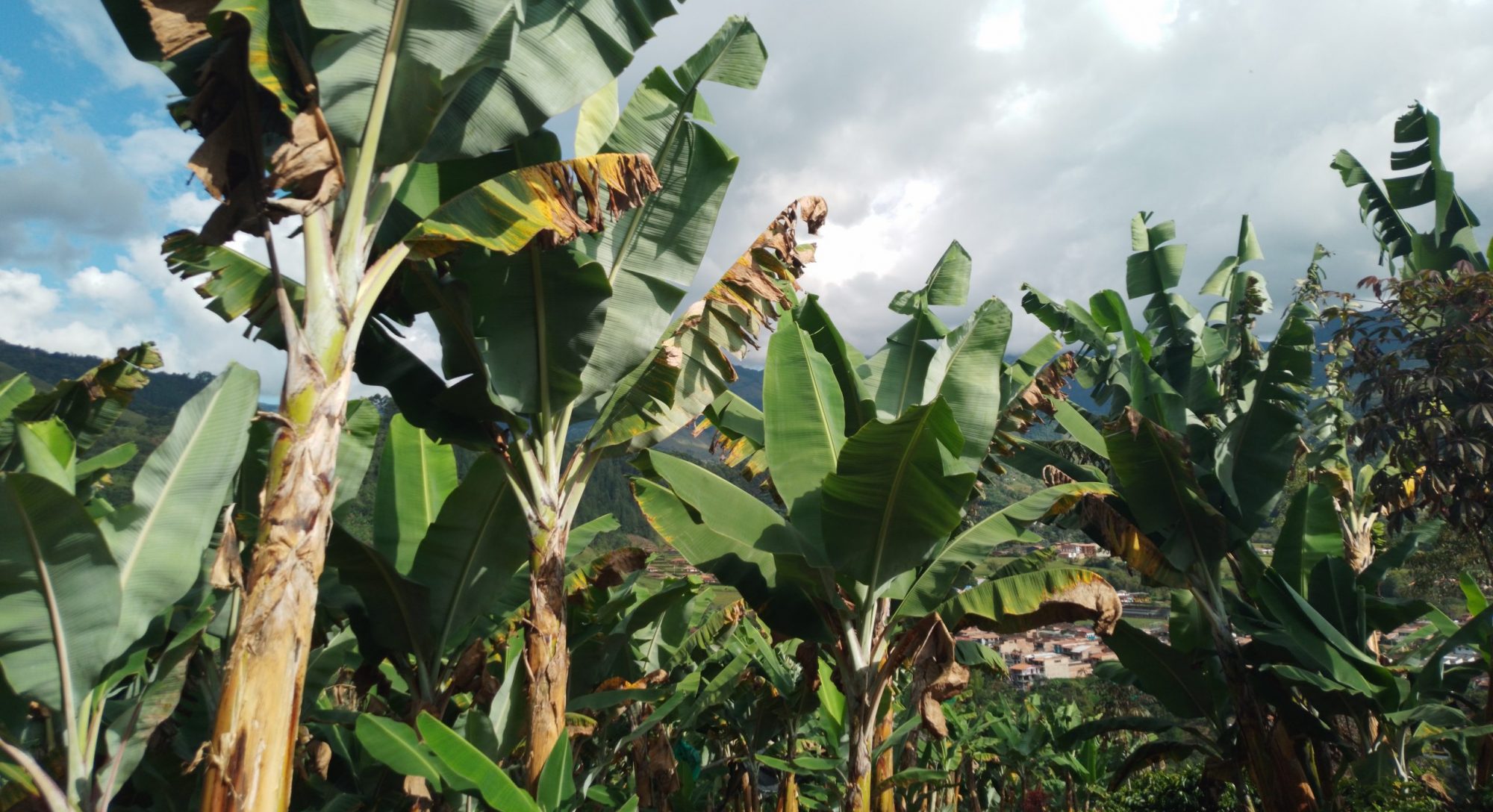The sixth in the Royal Geographical Society/Institute of British Geographers British-Caribbean Seminar Series was held at the Department of Geography and Geology, University of the West Indies, Mona, Kingston, Jamaica, June 23rd-27th, 2014. The Seminar was organised by Professor David Barker, Dr Thera Edwards, Dr Kevon Rhiney (Department of Geography, University of the West Indies, Mona Campus) and Dr Duncan McGregor (Department of Geography, Royal Holloway), with the financial support of the Climate Change Research Group and the Developing Areas Research Group of the Royal Geographical Society with the Institute of British Geographers. These funds were used specifically to provide subsidised conference attendance, including fieldtrips, for 7 postgraduate and 1 undergraduate students from the Caribbean region.
The meeting had a truly international flavour, including as it did participants from the UK, USA, Canada, Germany, Colombia and 8 Caribbean Territories (Jamaica, Barbados, Antigua, Trinidad and Tobago, Guyana, St Vincent, St Kitts & Nevis and Martinique), who enjoyed 3 days of research presentations and 2 field days.
Over 60 participants took part, with 44 papers presented within the overarching theme of adaptation and resilience to global change within the Caribbean region. Papers ranged in topic from regional and national frameworks for action; approaches to resilience-building, in coastal, urban and agricultural systems and through education and technology; with particular groups of papers concentrating on eastern Caribbean and Guyanese environments and on key niche industries such as Jamaica’s coffee industry. Several ‘local’ and ‘international’ postgraduates presented in these sessions, and this Next Generation acquitted itself with distinction.
Two field days underscored the human vulnerabilities of Jamaica in terms of inner-city regeneration and rural economic adaptation and development, and stimulated much debate during and after the trips. ‘Team spirit’ was fostered by a variety of evening social occasions, which provided ample opportunity for individual exchanges of research experience and ideas, and for ‘networking’.
A successful publication outcome is anticipated, thanks to generous sponsorship from the Jamaica National Foundation and from USAID Project funds. Negotiations are under way with the University of the West Indies Press to produce substantive Proceedings, and Special Issues of the regional journal, Caribbean Geography, are anticipated. This will mirror the outputs from previous seminars, which have resulted in four edited volumes and six Special Issues of Caribbean Geography, a total to date of around 100 individual chapters and papers.
In this context, the organisers of the meeting are presently drawing up a synopsis of the principal conclusions drawn from the meeting. This will not only act as a suitable postscript for the major publications anticipated, but as a strategy document to inform the wider research and decision-making community of the principal problems associated withThe Caribbean Region: Adaptation and Resilience to Global Change, and the major research directions crucial to the alleviation of these problems.
